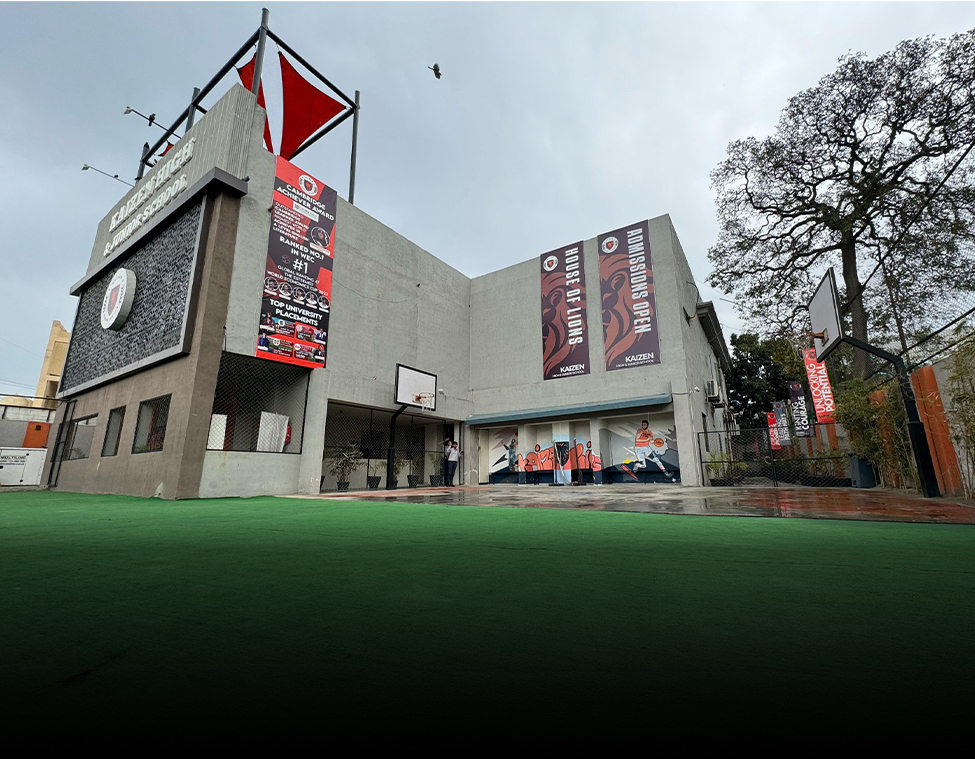Study Early and Often
Take Advantage of Outside Resources
Much of my time listening to audios or exposing myself to external wider reading and lectures is spent whilst doing a mundane activity I can’t avoid such as brushing teeth or cooking pasta. These little ten minute bursts can add up to another 20 hours of study, and enhance my exposure to the topic, leading to better understanding. A commute can be an excellent opportunity – putting down Facebook on the train and using that hour to read the core text book is invaluable.
Have a Study Method
Routine has been a saviour of study for me. Creating good healthy study habits has made it so much easier to ‘get down to work’ and be in the mental zone with limited procrastination. I study for four hours a day approximately, but try not to set yourself goals by time, or you could find yourself watching paint dry and counting it as four hours study. It is much better to study a certain topic or certain activity before taking a break.
Take breaks
Our brains aren’t meant to study for hours on end without any type of break. Instead, focus on a project for a 30- to 45-minute sprint, then break for a few minutes before moving to the next item on your list.
Drinking two litres of water a day and having a sleep schedule has drastically improved my focus and ability to concentrate, but more so having a set plan already in place, I no longer open my books and waste precious time wondering what to do or where to focus. I can look at my chart and see exactly what I need to do and get started straight away.
Our brains aren’t meant to study for hours on end without any type of break. Instead, focus on a project for a 30- to 45-minute sprint, then break for a few minutes before moving to the next item on your list.
John Doe Tweet
Rather than scramble to meet deadlines, set aside time in your weekly schedule to study. In the long run, you’ll get used to studying at a certain time each day, and avoid the unnecessary stress caused by cramming sessions or all-nighters.



